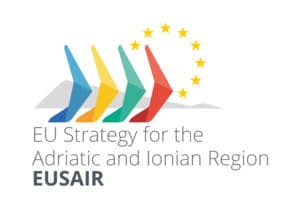The European Commission has released its proposal for the Regional Development and Cohesion Policy post 2020. The Commission proposes to modernize and reform the Cohesion Policy and to modify the budget allocation in the next programming period (2021-2027).

The EC budget proposal for 2021-2027 is now reveled. The allocation for the new Cohesion Policy will be €373 billion. The future Cohesion Policy has the investment capacity to help tackle the gaps between and within Member States and less developed regions.
Simplification is the keyword in the new proposal. Commissioner for Regional Policy, Corina Creţu announced a set of rules more flexible to adapt to new priorities and more simple to help beneficiaries, in particular SMEs and small entrepreneurs, to get easier access to the funds.
In the 2021-2027 the European Regional Development Fund (ERDF) and the Cohesion Fund will focus on innovation, support to small businesses, digital technologies and industrial modernization, as well as low-carbon, circular economy and the fight against climate change.
The proposal includes more simplified rules and the tentative to reduce the level of bureaucracy. So compared to the past, the new rules and control procedure are expected to be reduced making them more simple and clear. It also foreseen synergies across funds and other EU programmes.
All European regions will continue to benefit from the funds, the less developed regions as well as the richer regions, helping them to transition into a more developed economy. The proposal suggests also to increase the level of involvement in the management process of local and urban authorities and the co-financing rates with the purpose of encourage the ownership of EU-funded projects in regions and cities.

As in this current programming period, 3 categories of regions will be kept for the next years. It means that the EU regions will still be divided into Less-developed, transition and more developed regions. The GDP per capita still remains the predominant criterion for allocating funds. This criterion will be cumulative with new criteria to reflect the reality on the ground. New criteria proposed are related to youth unemployment, education level, climate change and the reception and integration of migrants.
The proposal contemplates a single set of rules to cover all 7 EU funds, to implement in partnership with Member States, which will make life easier for EU funds programme managers. Furthermore a single rulebook for all funds to help management and induce synergies is also foreseen.
Synergies among ESI funds and Migration Fund are also expected for improving the development of local integration strategies for migrants.
For more information:















